http://www.refashionawards.org/about/ethics
This account links fashion teaching to the sudden outbreak of crassness
in 2005. One example quoted in a Centre for Sustainability in Fashion
textbook is of a dress designer who contacted fairtrade-certified
suppliers in India because, for whatever reason, she didn't make dresses
herself. They all turned her down. So she went to Bangladesh, got the
dresses made, and used vaguer words to sell them. They were said to be "ethical" because they were woven by a firm like Remploy in Bangladesh, but the person's trade association, Ethical Fashion Forum, did zero to promote Remploy in the UK, which closed, so I don't think their idea of "ethical" was a good one.
The All Party Group for Ethics and Sustainability in Fashion began by crowding-out an existing all party group and one or two potential members or speakers, like Lord Sugar who tried to speak about better training for people in UK clothes manufacturing. It held a Westminster Hall Debate, based on the kinds of topics available in the House of Lords Library if you search "ethics" and "fashion". Then it started again with a second Westminster Hall debate, following the style and agenda of Futerra Communications
The technique is to use a phrase so vague that it begs a question, and then answer that question how you like. There is also a lot of vague language so mind-numbing that you are softened up for a real whopper of a lie that passes un-noticed. Their blurb says that people made their own clothes in the UK up until the 1950s. True? Of course not but amongst all the rubbish it slips-past.
Futerra agency got a lot of commercial business from the UK government, with £165,000 turnover that year from one ministry at DEFRA. That's the one that ought to have kept up to date with badger biology and flood defences, but was used as a PR budget by government instead:
https://www.whatdotheyknow.com/request/funding_futerra_funding_refashio#comment-51088
Centre for Sustainability in Fashion
Centre for Sustainability in Fashion is a government quango paid-for by a grant from Nike and taxpayers' funding towards universities via the Higher Education Funding Council, although people in the UK have to pay to go to uni via the loan system; these people still get a grant and use offices from a landlord that has housed similar organisations - Own-it to promote use of IT law, Creative Connexions to promote Chinese factories to UK designers (yes, really), and a students union, language laboratory and photography teaching workshops. Those are the bits that students have to pay for via the student loan system. Centre for Sustainability in Fashion appears less crass than other projects funded the same way, but more crass in acting as "secretariat" to the "all party group for ethics and sustainability in fashion" in the House of Lords, led by someone that some government made a lord of course, which has no obvious funding but does have a treasurer.The All Party Group for Ethics and Sustainability in Fashion began by crowding-out an existing all party group and one or two potential members or speakers, like Lord Sugar who tried to speak about better training for people in UK clothes manufacturing. It held a Westminster Hall Debate, based on the kinds of topics available in the House of Lords Library if you search "ethics" and "fashion". Then it started again with a second Westminster Hall debate, following the style and agenda of Futerra Communications
Futerra Communications
The technique is to use a phrase so vague that it begs a question, and then answer that question how you like. There is also a lot of vague language so mind-numbing that you are softened up for a real whopper of a lie that passes un-noticed. Their blurb says that people made their own clothes in the UK up until the 1950s. True? Of course not but amongst all the rubbish it slips-past.
Futerra agency got a lot of commercial business from the UK government, with £165,000 turnover that year from one ministry at DEFRA. That's the one that ought to have kept up to date with badger biology and flood defences, but was used as a PR budget by government instead:
https://www.whatdotheyknow.com/request/funding_futerra_funding_refashio#comment-51088
Ethical Fashion. What is ethical fashion?
----------------------------------------------------------ETHICS AND FASHION
So what is "ethical fashion"?Just like fashion, the term means different things to different people, from vintage clothing to paying a fair wage to cotton farmers.
In essence, ethical fashion represents an approach to the design, sourcing and manufacture of clothing which is both socially and environmentally sustainable.
Our timeline explores the relationship between ethics and fashion.
1950s: Fashion for the elite
Couture is king, and the burgeoning industry caters for the social elite by producing unique and luxury items. Everyday folk follow fashion by making their own clothes.1960s - 1970s: Fashion for the people
With the advent of mass production, fashion suddenly becomes accessible to the public. Fashion houses and retailers set up production overseas to the developing world where labour costs are lower.1970s: World fashion movement
The birth of the modern environmental movement combines hippy fashion and values has a major effect on culture, creating an interest in "world" fashion.Shops spring up around the UK, selling ethnic style clothing and accessories sourced directly from producers around the world. Traidcraft and Oxfam start selling clothing and crafts to support communities. People purchase these for charitable reasons or because they like the product, not necessarily to be fashionable.
Pioneering brands such as Patagonia start to address environmental issues in textile production.
1980s - 1990s: Mass production and consumer backlash
Mass production swiftly gathers speed, and the first global brands emerge. By the mid 1990s stories of sweatshops hit the news headlines. No Logo by Naomi Klein is published in protest.Consumer awareness of the plight of garment workers emerges, along with high profile campaigns targeting high street brands. Gap and Nike develop and publish ethical sourcing programmes.
A handful of fashion businesses, such as People Tree and Bishopston Trading, lead the way in targeting an alternative, niche group of consumers. This new market is not yet trend led.
1990s: The business of ethics
Corporate attention turns to business ethics. Becoming a good corporate "citizen" is the watchword and socially responsible sourcing rises up the business agenda. Meanwhile, in the UK, environmental issues are formally included in school and college curricula.In response, the first mainstream brand to bring out an environmental range is Esprit with the launch of it's Ecollection in 1992. Gossypium and Katherine Hamnett are leading the way in researching and developing organic supply chains.
2000 - 2005: Ethical fashion takes off
By 2000, new fashion graduates are setting up labels with environmental and social goals.The Millenium Development Goals on poverty, climate change, rapidly growing public appetite for "green", and this new generation of designers lead to the creation of the ethical fashion movement.
In 2004, the Ethical Fashion Forum launches in London, while the Ethical Fashion Show presents ethical fashion labels to major buyers.
And in 2005, Anti-Apathy brings together a top notch line-up of speakers, including Katharine Hamnett, live music and leading ethical fashion labels at London's first high profile ethical fashion catwalk.
Trends in consumer buying habits show that the market for fashion is polarising into two groups - low cost, "value" fashion and a growing group of consumers disillusioned by mass manufactured brands looking to buy unique and individual clothes and supporting creative new labels. High street retailers respond by bringing out "designer" ranges, stocking smaller brands and signing deals with designers and celebrities.
2006-2008: Ethical fashion goes mainstream
Small businesses started with the millenium are rapidly growing in size and profile, including Howies, American Apparel, THTC, Kuyichi, Terra Plana, and Ciel. Esthetica is launched at London Fashion Week in 2006 as the first ethical fashion section in a mainstream international tradeshow.Big name designers start to develop ethical collections including Katharine Hamnett and Stella McCartney. Big retailers start to take the issue on board more seriously. Gap launches product RED in 2006. H&M, Next, Nike, Sainsbury's, Asda and M&S all stock organic/fairtrade ranges.
And consumers get involved through Swishing - a term coined by Futerra to describe glamorous clothes recycling parties.
AWARDS:
DESIGNERS
MAKING A DIFFERENCE
- RE:Model Award
- RE:Manufacture Award
- RE:Retailer of the Year
- RE:Consumers Award
- RE:Africa Award
- RE:Cotton Award


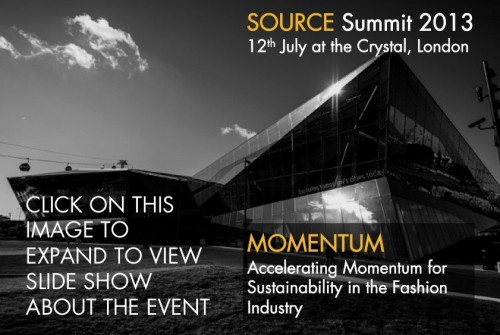
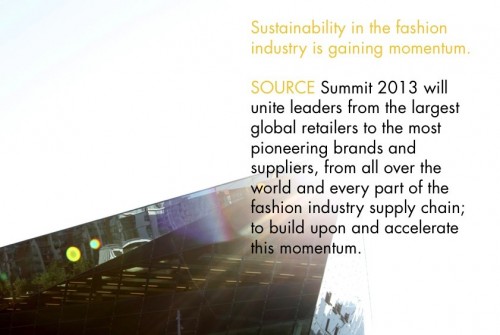
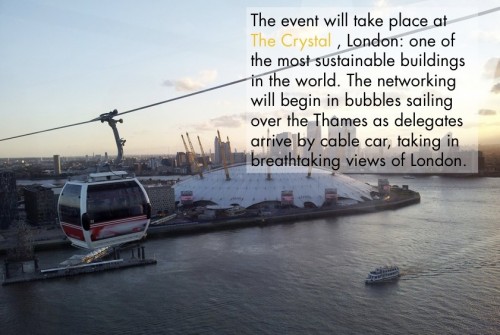
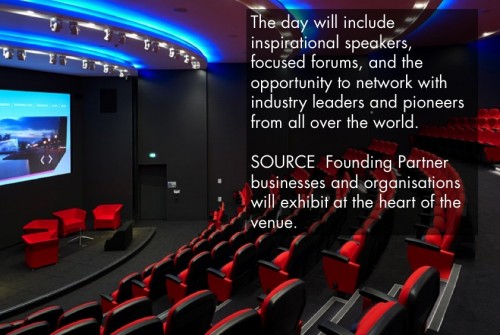
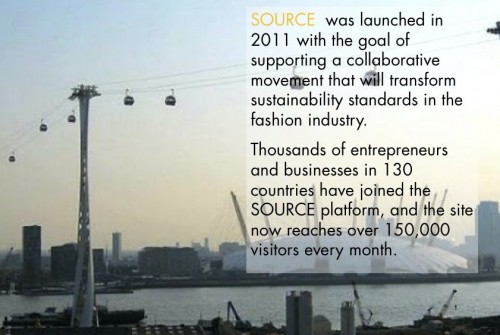
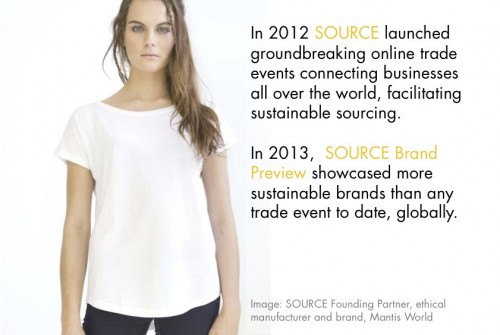
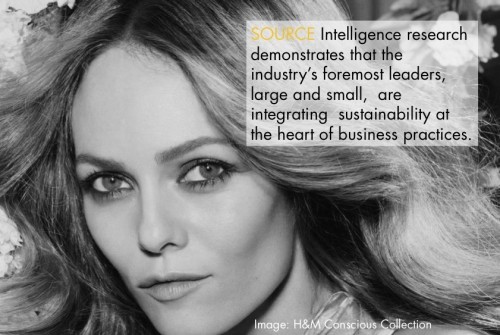
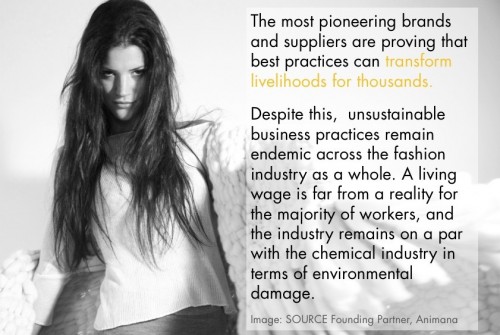
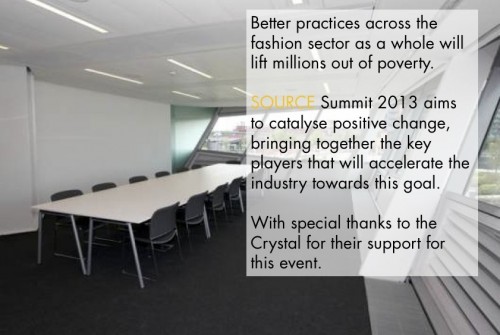
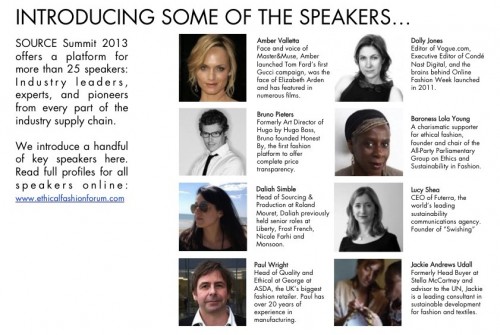
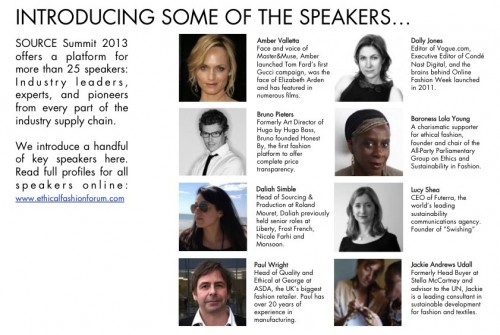
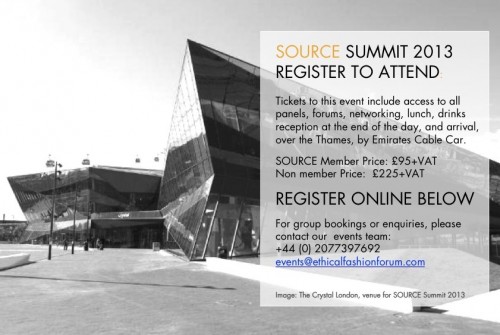
 e-mail:
e-mail: 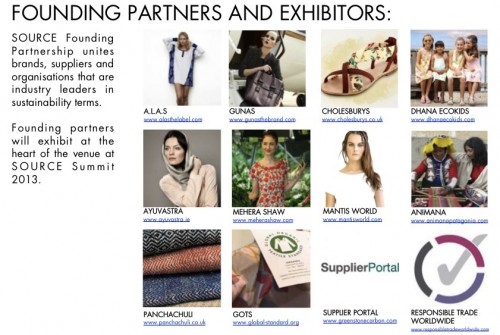
 Homepage: http://planb4fashion.blogspot.co.uk/
Homepage: http://planb4fashion.blogspot.co.uk/

John Robertson left an annotation ()
Baroness young mentioned fur!
I haven't worked-out how to find-out whether government ministers and ministries did anything in response to any of the speeches.